Artificial Intelligence (AI) is rapidly transforming healthcare by introducing groundbreaking innovations that improve patient outcomes, enhance diagnostics, and streamline hospital operations. These innovations not only increase efficiency but also open new frontiers in medical research and personalized care.
1. AI-Powered Medical Imaging
One of the most significant innovations is AI’s ability to analyze medical images such as X-rays, MRIs, and CT scans with remarkable accuracy. Advanced deep learning algorithms can detect early signs of diseases like cancer, stroke, or pneumonia faster than traditional methods, enabling quicker interventions.
2. Natural Language Processing (NLP) for Clinical Documentation
NLP technologies can understand and process unstructured text data found in doctor’s notes, discharge summaries, and medical records. By automating clinical documentation and extracting valuable insights from large volumes of text, AI reduces administrative burdens and improves data quality.
3. Personalized Treatment Plans
AI systems can analyze genetic information, lifestyle factors, and medical history to recommend personalized treatment plans. This innovation allows for precision medicine, where therapies are tailored to an individual’s unique profile, increasing the chances of successful outcomes.
4. AI-Driven Drug Discovery
Traditional drug development can take years and cost billions. AI accelerates this process by predicting which drug compounds are most promising, simulating clinical trials, and identifying potential side effects early, drastically reducing time and expenses.
5. Remote Patient Monitoring and Telehealth
Wearable devices and AI-powered remote monitoring tools continuously track patients’ vital signs and health metrics. This data is analyzed in real-time to alert healthcare providers to any anomalies, improving management of chronic diseases and enabling timely interventions.
6. Virtual Health Assistants and Chatbots
AI-powered virtual assistants are revolutionizing patient interaction by providing 24/7 support. These chatbots answer health-related questions, schedule appointments, and help with medication adherence, improving patient engagement and satisfaction.
7. Predictive Analytics for Population Health
AI analyzes vast datasets from hospitals, clinics, and public health records to predict disease outbreaks, patient admission rates, and resource needs. This innovation supports better planning and preparedness, especially during public health crises like pandemics.
8. Robotics and AI in Surgery
Robotic surgery systems enhanced with AI allow surgeons to perform complex procedures with greater precision and control. AI assists by providing real-time imaging, minimizing errors, and improving recovery times for patients.
9. AI for Mental Health Support
Innovative AI applications include tools that analyze speech patterns, facial expressions, and social media activity to detect signs of mental health conditions like depression or anxiety. These tools can provide early warnings and recommend interventions.
10. Enhanced Clinical Decision Support Systems (CDSS)
AI-powered CDSS provide healthcare professionals with evidence-based recommendations during diagnosis and treatment. By integrating vast medical knowledge bases, these systems help reduce errors and improve care quality.
Conclusion
Innovations in AI are continuously reshaping the healthcare landscape. From speeding up diagnosis and personalizing treatments to improving patient communication and hospital efficiency, AI is becoming an indispensable part of modern medicine. Staying informed about these advancements is key for healthcare professionals, patients, and policymakers to harness AI’s full potential responsibly.


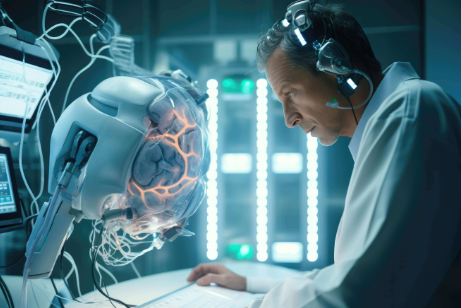
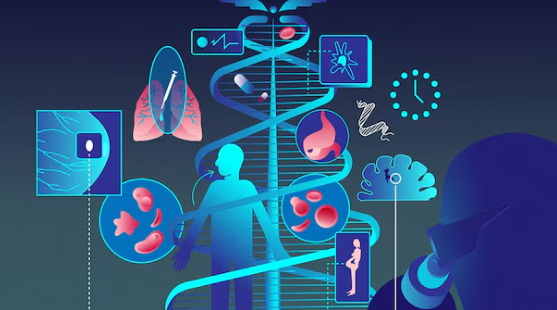
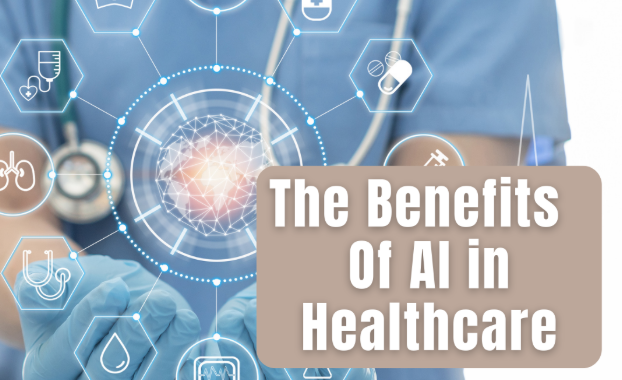
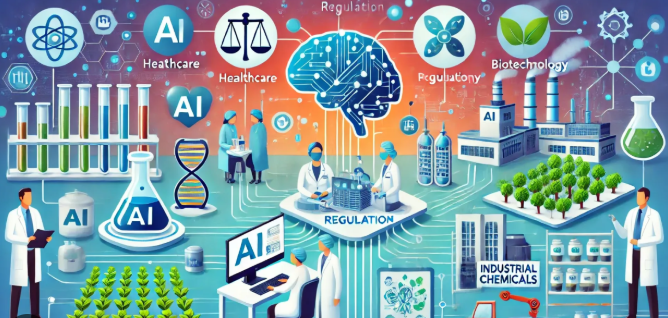
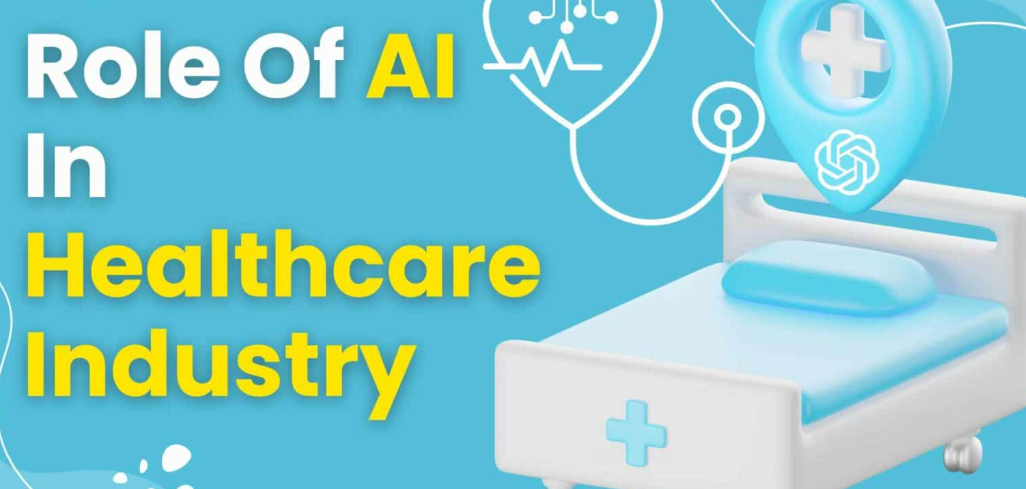
Leave feedback about this